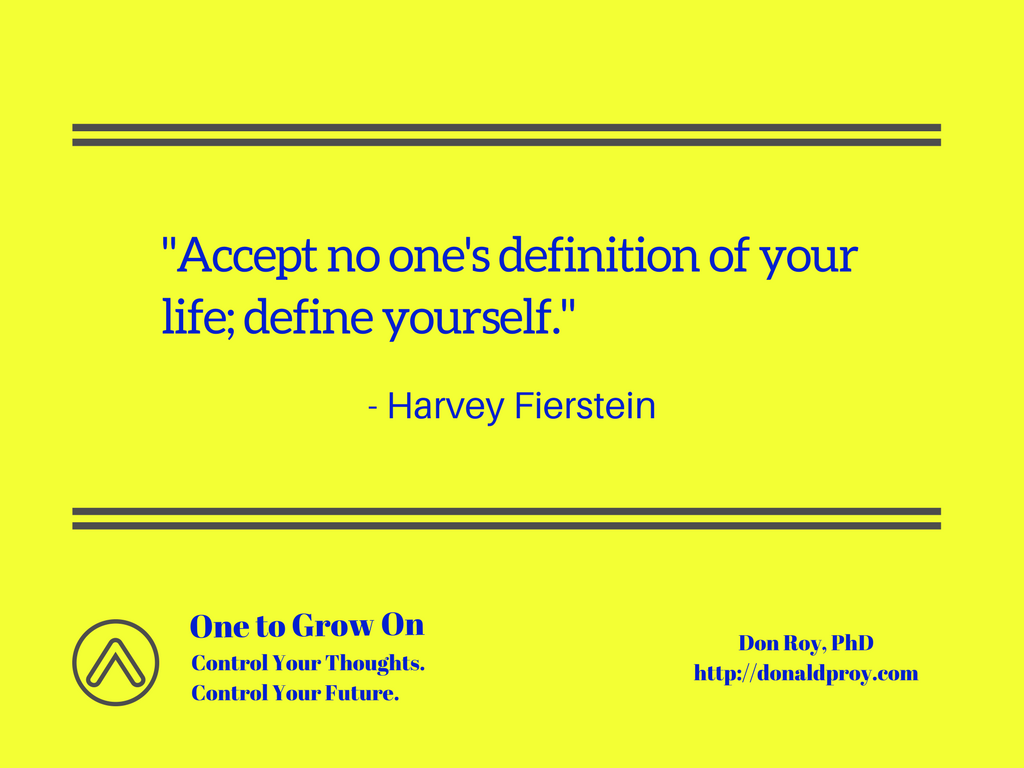The definition of a brand is more complex than you think. A narrow view of a brand is that it is a name, logo, or other identifying marks that denote the owner or responsible party of a brand. Branding used for these reasons can be traced back to the medieval period. Today, the role of brands has evolved far beyond these functional purposes. A brand concurrently fulfills the roles of:
- Identity (name, logo, etc. for which brands were originally created)
- Image (perceptions in the minds of people who come in contact with the brand)
- Promises (expressed and implied performance attributes associated with a brand)
- Relationship (connection point between a customer or other person and the entity represented by the brand).
Brand building entails a tug-of-war between brand owner and constituents. Who defines brand meaning? The owner does… but so does the brand’s audience. The goal of brand management is narrowing the gap between how the brand owner wants to be perceived (identity) and how the brand is viewed (image). The wider the gap, the more branding and marketing attention needed.
 This week’s One to Grow On quote admonishes us to fiercely protect our brand. Actor and playwright Harvey Fierstein suggests it is our obligation to author the definition of our brand. Others will want to do it for you, but their definition could be incomplete or worse, incorrect.
This week’s One to Grow On quote admonishes us to fiercely protect our brand. Actor and playwright Harvey Fierstein suggests it is our obligation to author the definition of our brand. Others will want to do it for you, but their definition could be incomplete or worse, incorrect.
Harvey Fierstein knows something about the importance of defining one’s self. He was one of the first openly gay American actors at a time when few celebrities had come out. Rather than hide or skirt the issue, Fierstein has woven his sexual orientation into his brand. His self-definition comes through in his writing on gay issues and by incorporating gay life into dramas.
The Define Line
Why is Harvey Fierstein’s quote on defining your life (and by extension, your brand) so important? You must keep in mind that your brand will be defined. There is no such thing as anonymity when it comes to your personal brand. Some brands are more distinctive and better known than others, but all brands are defined. The question becomes who will define it?
We live in a world in which people are quick to form judgments about a situation or person. If you have any doubts, scroll through comments on just about any news article posted on Facebook. Sometimes, you wonder if the people making comments read the same article… or whether they read the article at all. Depth of understanding is no obstacle to having an opinion.
This instant reaction environment has huge implications for personal brands. While I loathe the parade of articles and blog posts about the importance of a professional looking photo in one’s social media profiles, the point made is valid. People make judgments about us with no more information than a thumbnail-sized square full of pixels. They surmise our age, form opinions on physical attractiveness, and immediately can have a like-don’t like position.
Although there is much, much more to personal branding than your photo, it is a reminder that you must put in the work to define yourself. If you do not, the world around you will be all too glad to do it for you.
What’s the Definition?
It is imperative that you proactively manage your personal brand. No product or corporate brand manager in their right mind would let their brand be defined however the market wants to define it. The reason for marketing as we know it is to create a process for influencing others’ definition of a brand. Rather than accept others’ definition of you, stake out the position you want. If not, the labels assigned as others judge us will be our defining attributes. Do you want to be known as:
- Too inexperienced
- Not assertive enough
- Lacking the ideal education pedigree
- Uninteresting
- Incapable of leading others?
I am hard pressed to think of an instance where any of these labels would promote your personal brand. They are labels handed out by others. Do you want to own them, or do you want to operate the label maker?
Have Fun with It
Take on the challenge to define your brand rather than allowing others to have that privilege. For far too long, efforts I made to define my brand were reactive, even driven by fear. I wanted my brand to be flawless and avoid making mistakes. That was my first mistake! I have gotten over pursuing that unrealistic ideal.
Today, I am having more fun than ever living my brand. It is what it is, and there is a lot of value offered through it. It is not perfect, nor does it have to be.

